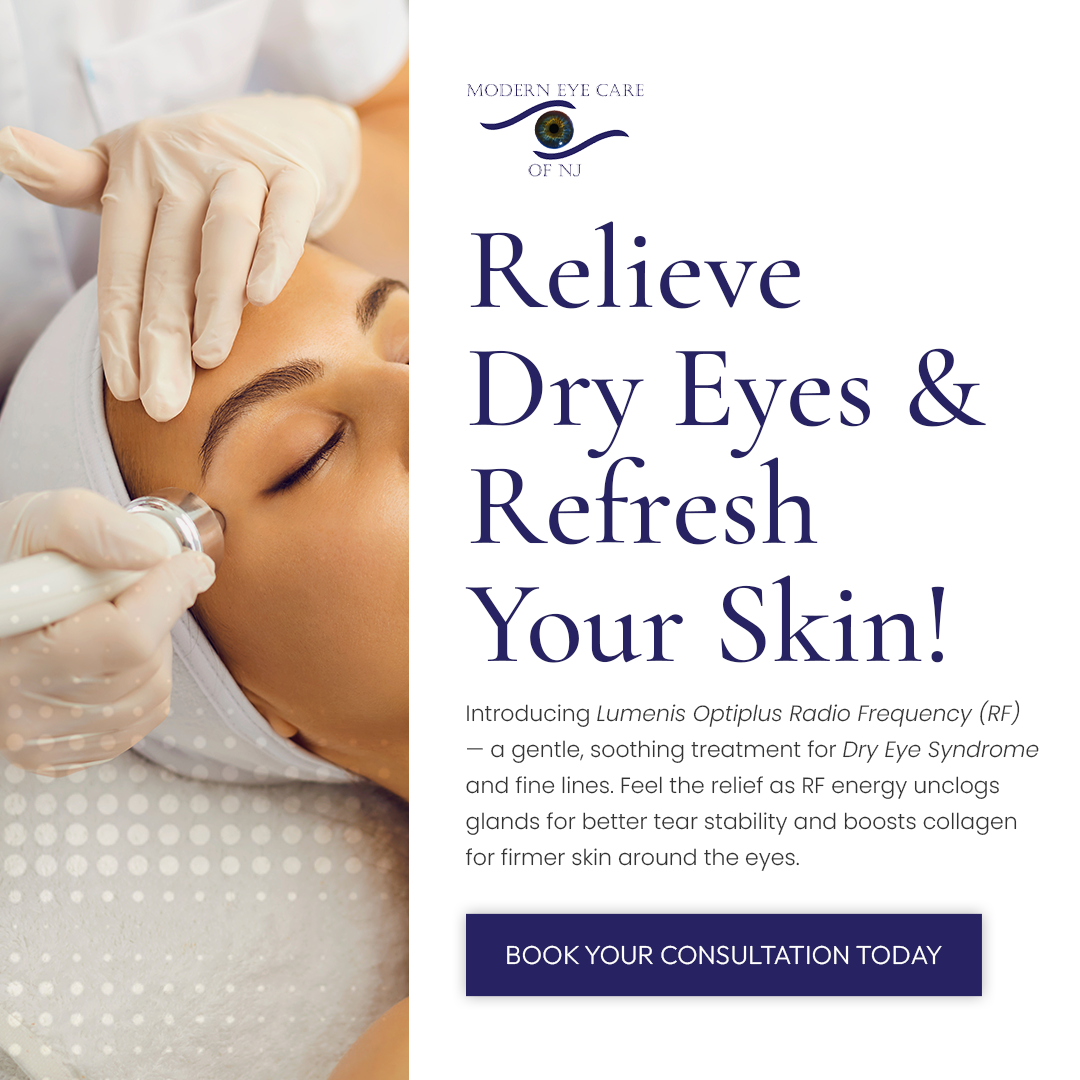
Are you one of the millions of Americans who suffer from dry eye syndrome? If so, you are probably aware of several remedies for the condition. However, they do not work the same way or have the same effects.
While there are several remedies and lifestyle changes you can try to alleviate the symptoms, you should first consult your eye doctor. Even if you try something that works, you might be doing it too frequently or incorrectly.
What is Dry Eye?
A frequent ailment known as dry eye causes the eyes to produce not enough tears or tears of low quality. That can cause discomfort, such as dryness, itching, burning, and impaired vision. The following are some elements that may contribute to this condition of the eyes:
Environmental Factors: Dry, windy, or polluted environments can cause eye irritation and contribute to dry eyes.
Age: People are more likely to develop dry eyes as they age.
Certain medical conditions, such as rheumatoid arthritis and Sjögren's syndrome, can increase the risk of dry eyes.
Medications: Decongestants and antihistamines, for example, can contribute to dry eyes.
Gender: In particular, after menopause, women are more likely than men to experience dry eye syndrome.
Tear Production
Tear glands produce and secrete tears in the eye. Tears are necessary for the comfort and health of the eyes. They help keep the eye's surface moist, reducing dryness, itching, and burning. They protect the eyes from dust, dirt, and other foreign particles.
Composition of Tears
A complex system that includes the meibomian glands, lacrimal glands, and goblet cells regulates tear production. Most tears are produced by the lacrimal gland, situated in the eye's top outer corner.
The meibomian glands, located along the rim of the eyelids, produce an oily substance that aids in the retention of tears. The goblet cells, found in the lining of the eyelids, produce a mucous substance that aids in the even distribution of tears across the eye's surface.
How to Manage Dry Eye and Tear Production
You can use the following strategies to manage tear production and dry eyes:
Blink frequently to distribute tears evenly across the surface of your eye to help reduce dryness. If you spend much time reading or staring at a computer screen, take frequent breaks to blink and rest your eyes.
Use artificial tears to help lubricate your eyes and lessen dryness. You can apply them as needed to help relieve your dry eye symptoms.
Avoid using irritants to the eyes, such as harsh soaps or makeup, and remove contact lenses as directed.
Environments that are dry, windy, or polluted can irritate the eyes and contribute to dry eyes. To reduce dryness, use a humidifier to keep the air in your home or office moist, and avoid spending long periods in dry environments such as airplanes.
Eat a healthy diet rich in omega-3 fatty acids, such as fatty fish, nuts, and seeds, to help improve tear production.
Dry eyes can cause discomfort and vision issues. If you have persistent dry eye symptoms, you should see a doctor because untreated dry eye can lead to more severe problems such as corneal ulcers or vision loss.
For more on dry eye syndrome, visit Modern Eye Care of NJ at our Holmdel, New Jersey office. Call (732) 858-1646 to schedule an appointment today.









